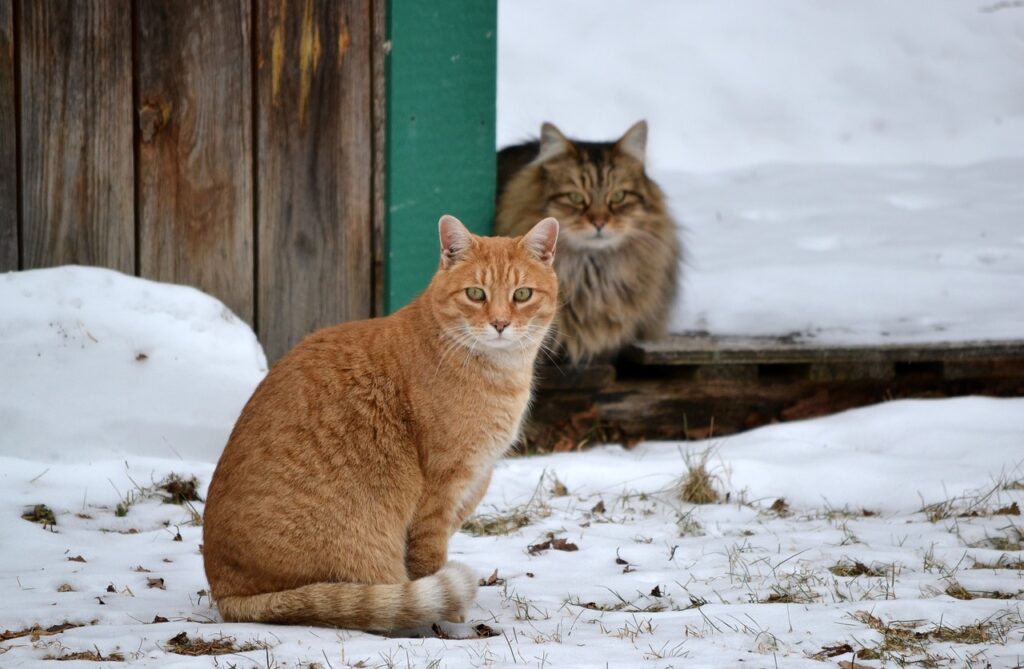
Winter Care for Pets: Essential Tips

As winter approaches, colder temperatures demand special attention for our pets’ well-being. Just like humans, dogs and cats can feel discomfort and even become sick due to the cold. Therefore, it’s essential to adopt measures to ensure their health and comfort during this season.
Why Keeping Pets Warm is Important
Prolonged exposure to cold can lead to hypothermia and other health issues in animals. Keeping pets warm is key to preventing illnesses and ensuring their comfort.
Top Winter Care Tips
1. Proper Shelter
Ensure that your pet’s sleeping area is free from drafts and moisture. Elevated beds and extra blankets can help keep the warmth.
2. Pet Clothing
Clothing can help maintain body temperature, especially in short-haired animals. Choose comfortable clothes that do not restrict movement.
3. Balanced Nutrition
A balanced diet is essential to maintain your pet’s energy and body warmth. Consult a veterinarian to adjust their diet as needed.
4. Bathing and Grooming
Reduce bathing frequency during winter and choose the warmest time of the day. Ensure pets are completely dry to avoid colds. Avoid very short grooming, as fur provides natural insulation.
5. Keep Vaccinations Updated
Ensure your pet’s vaccinations and deworming are up-to-date to prevent common winter illnesses, such as respiratory infections.
6. Exercise and Activities
Despite the cold, it’s important to maintain a routine of physical activity to avoid a sedentary lifestyle. Choose indoor activities or walk during the warmest hours of the day.
7. Hydration
Ensure your pet always has access to fresh water. Hydration remains vital, even in colder weather.
8. Watch for Signs of Discomfort
Look for signs such as shivering, lethargy, or behavioral changes, which may indicate that your pet is cold or uncomfortable.
Special Care for Puppies and Elderly Pets
Puppies and older pets are more sensitive to low temperatures and require extra care. Provide additional shelter and consider pet-safe heaters, ensuring proper supervision to prevent accidents.
Conclusion
By adopting these simple measures, you can make a significant difference in your pet’s well-being during winter. Remember that each pet is unique and may have specific needs, so always consult a veterinarian for personalized guidance.
Following these recommendations ensures your furry companion stays healthy and comfortable, no matter how cold it gets!



